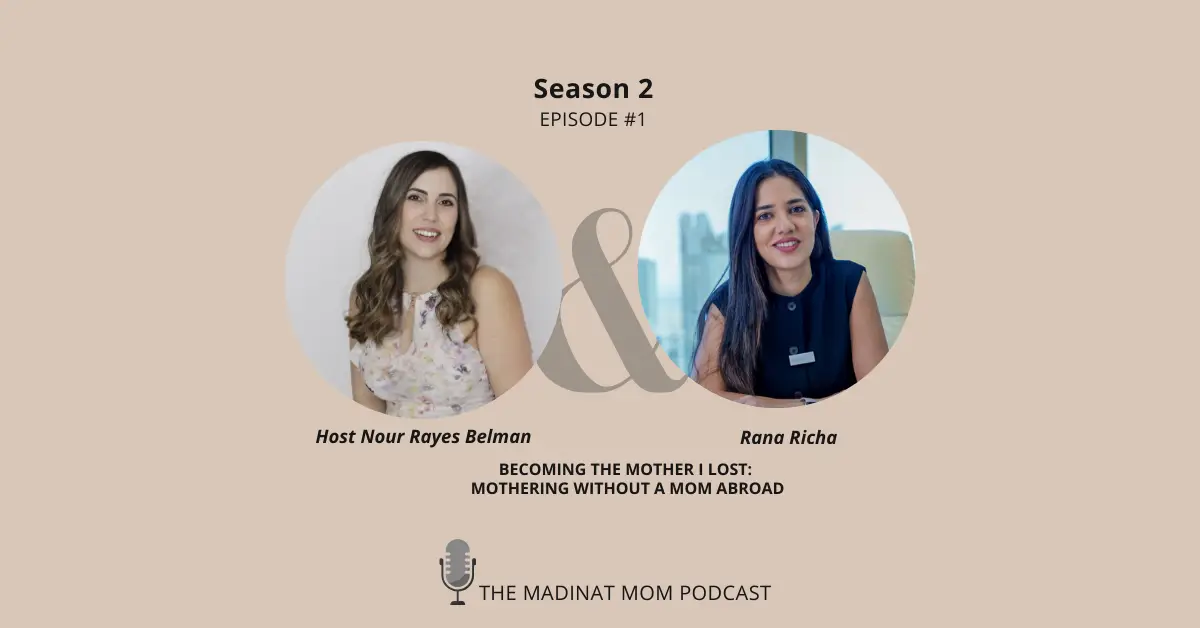I remember staring at those two little lines for what felt like hours—it was official, I was pregnant! The initial excitement of having a baby quickly turned into a whirlwind of questions I didn’t have answers to. It was as if I was suddenly expected to know everything about being a parent. My only reference was my mom, who had always made motherhood seem so effortless. How wrong I was!
What vitamins should I take? Should I continue working out? I had a glass of wine last night—will that affect the baby? The questions kept piling up.
When I finally called my healthcare provider, they scheduled my first prenatal appointment at 6 weeks. That visit was a blur. I remember the doctor confirming the pregnancy and hearing the heartbeat, but I was so overwhelmed with excitement and anxiety that I barely asked any questions. The only thing I managed to ask was, “When am I due?” It wasn’t until later that I realized just how many important questions I had missed. Important Questions to Ask at Your First Prenatal Visit
So, grab a pen, mamas-to-be! This post is here to help you prepare with 5 essential questions for your prenatal visit that we often overlook—or don’t even realize we should be asking!
1. What prenatal vitamins should I be taking? Do I need to stop any current medications or supplements?
Of course, one of the first things to ask is what prenatal vitamins should you be taking throughout your pregnancy journey. Most doctors will recommend folic acid and other vital nutrients, but it’s also as important to discuss your current supplements and medications. Some over-the-counter vitamins or herbal supplements might not be safe during pregnancy, and your doctor may suggest stopping them or adjusting the dose. Getting the right vitamins will better support your pregnancy journey and your baby’s development.
2. Who willhttps://en.wikipedia.org/wiki/Blog deliver my baby?
This was one of those questions I didn’t know I needed to ask. Many moms (myself included!) don’t realize that the doctor you see throughout your pregnancy might not be the one delivering your baby. In some practices, the delivery may be handled by a midwife or whichever doctor is on call. In others, it will always be your doctor that delivers you, even in the middle of the night! Getting clarity on this gives you the opportunity to get to know whoever may be present on your delivery day, which can give you much-needed comfort and peace of mind.
3. What are your thoughts on different delivery methods available?
If you have a specific delivery method in mind that ideally you would like to opt for —whether it’s a water birth, natural birth, or a C-section—it’s important to discuss this from your first few visits. Some doctors are not comfortable with certain methods, or the hospital may not have the facilities for them. Being clear on your birth preferences and getting to choose your preferred delivery method (while also understanding that somethings are beyond your control and accepting change in these cases) can help you feel more empowered in your birthing experience. Important Questions to Ask at Your First Prenatal Visit
4. Who should I contact if I have questions or concerns? In regular and urgent scenarios?
Whether its questions in between appointments or reaching out to someone if you fall sick during your pregnancy for guidance on what to do, make sure you know who to call at your facility. Some doctors give out their phone number and are always ready to answer a short text message; others give out the number of a nurse or midwife at the practice that is available during certain hours. Having this information and the necessary contact numbers can make you feel more comfortable, knowing that you can reach out to someone without having to wait for your next appointment.
5. Do you work on weekends, or have flexible schedules available?
This question is especially important for working moms, who could find it hard to schedule prenatal appointments during the week. Ask your provider what their availabilities for appointments are like – some practices are only open Monday to Friday, from 9 – 5, which might not be suitable for you. Knowing their availability can help you plan ahead, avoid stress, and stay on top of your prenatal appointments.
6. What can I expect over the next few months in terms of appointments and tests?
Some practices hand out a small brochure that’s like a roadmap for what’s coming in terms of tests. Get ready, mama, for a journey of ultrasounds, tests and regular appointments! But don’t sweat it, it’s all part of the fun! Some tests you will need to plan for, and for other bigger tests, it might be helpful to have someone with you – getting clarity on these will help you plan in advance and feel more prepared for each appointment. Remember to ask your doctor how the test results will be communicated – will they call only if something is wrong, or will they send all results by email regardless? Understanding the process can ease any anxiety you may feel about waiting for test results and imagining the worst case scenario (Yes, I do that too!).
7. Considering my medical history or age, are there any genetic screening tests I should consider?
Think about your medical history (or age) and share any concerns you have with your doctor. Some parents might choose to undergo genetic screening for certain conditions like cystic fibrosis. Get clarity on what screenings are available, how they work and which ones are recommended for you. Additionally, think about pre-existing conditions that you have and discuss those with your healthcare provider. Make sure to mention any allergies to medications or other mental health concerns, such as depression. Talk openly with your OB so they can provide the right support for you – remember, if you are not comfrotable speaking openly with them, they might not be the right provider for you!
8. What lifestyle changes should I make?
Discuss your current daily routine, diet and exercise with your doctor to see whether you need to modify anything in your lifestyle. It’s likely that you won’t need to make major changes at the beginning (other than avoiding certain foods and chemicals, and limiting caffeine), but getting guidelines early on in your pregnancy can help you make more informed decisions throughout your journey.
One Last Thing…
Don’t forget to encourage your partner to ask their questions as well. These questions might include how they can best support you during your pregnancy journey, how they can prepare for your delivery, and how they can help you navigate the physical and emotional changes that you’re going through. Important Questions to Ask at Your First Prenatal Visit
If you’re feeling overwhelmed or wondering what additional support is available to you during your pregnancy and postpartum, consider working with an empowerment coach. Whether it’s navigating emotional challenges or preparing for the transition into motherhood, an empowerment coach can provide personalized guidance to help you feel more confident and prepared. Not sure if an empowerment coach is for you? Book you Free consultation [here] to discuss further and take the first step into a more empowered motherhood journey.






